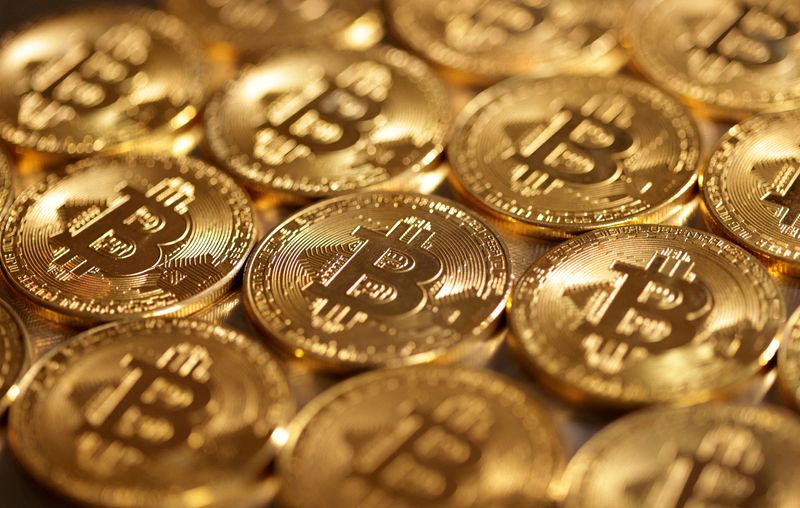MicroStrategy’s Bitcoin Acquisitions Continue
MicroStrategy (MSTR) continues its Bitcoin strategy without slowing down. The company announced that it purchased an additional 21,550 BTC at an average cost of $98,783, for a total expenditure of $2.1 billion.
This move has impressively increased MicroStrategy's total Bitcoin holdings to 423,650 BTC. The company's Bitcoin purchases to date amount to a total value of $25.6 billion, with the average Bitcoin cost rising to $60,324. With this latest acquisition, MicroStrategy's year-to-date Bitcoin investment return has reached 68.7%. The company’s total quarterly return has been recorded at 43.2%.
Michael Saylor, Chairman of MicroStrategy's Board, has long advocated for Bitcoin's potential. Saylor views Bitcoin as a store of value that can provide protection against inflation. Recently, he suggested that the U.S. government should sell its gold reserves and replace them with Bitcoin. He indicated that this strategy could globally decrease the value of gold and boost U.S. assets to $100 trillion. Additionally, he argued that integrating Bitcoin into the strategies of major companies, such as Microsoft (MSFT), could create significant opportunities for cash reserves, dividends, and stock buybacks.
Has it affected Bitcoin's price? MicroStrategy's recent purchase announcement has caused a slight increase in Bitcoin's price, with Bitcoin trading around the $99,000 mark. Analysts believe that the adoption of Bitcoin by companies like MicroStrategy could further enhance the cryptocurrency's growth in the medium term.
On the other hand, Saylor recently predicted in a statement on Fox Business that the cryptocurrency market could grow from $2 trillion to $280 trillion by 2045. He also stated that Bitcoin could reach a value of $13 million by that time. These forecasts reflect Saylor's strong belief in Bitcoin's long-term potential.
Speculations about countries' Bitcoin reserves are increasing The rising concept of Bitcoin as a strategic reserve asset on an international scale has sparked discussions and speculations about which country will implement such policies first and which countries will follow. David Bailey, CEO of BTC Inc. and campaign advisor to Trump, noted that this new paradigm is accelerating at the nation-state level.
Bailey reported that four countries have approved strategic Bitcoin reserve initiatives similar to those discussed in the U.S. However, no information was provided regarding the scope of these initiatives or which countries they involve.
Will the Bitcoin G7 come to life? Bailey explained via social media that each of the four new countries has approved strategic Bitcoin reserves. He also proposed that a bloc of countries holding Bitcoin could be organized similarly to today's traditional international groups like the Group of Seven (G7). This group is expected to include nation-states that control the most Bitcoin, particularly the U.S. and China.
Bailey emphasized that this Bitcoin G7 has quickly transitioned from a joke into a serious concept. Max Keiser, a cryptocurrency advisor to the Bukele administration in El Salvador, recently hinted that Bitcoin could be linked to oil trading agreements. However, no official announcements of such measures have been made by any country yet. Efforts to create a legal framework for establishing strategic Bitcoin reserves are underway in some countries, including the U.S. and Brazil.
Bailey stated, "Bitcoin is a superpower, a very strong meme, and there isn't enough BTC for everyone to have one," highlighting the scarcity of Bitcoin and the significant demand coming from various countries. He previously mentioned that countries are entering a race to control more Bitcoin, indicating that a Bitcoin space race has begun.


